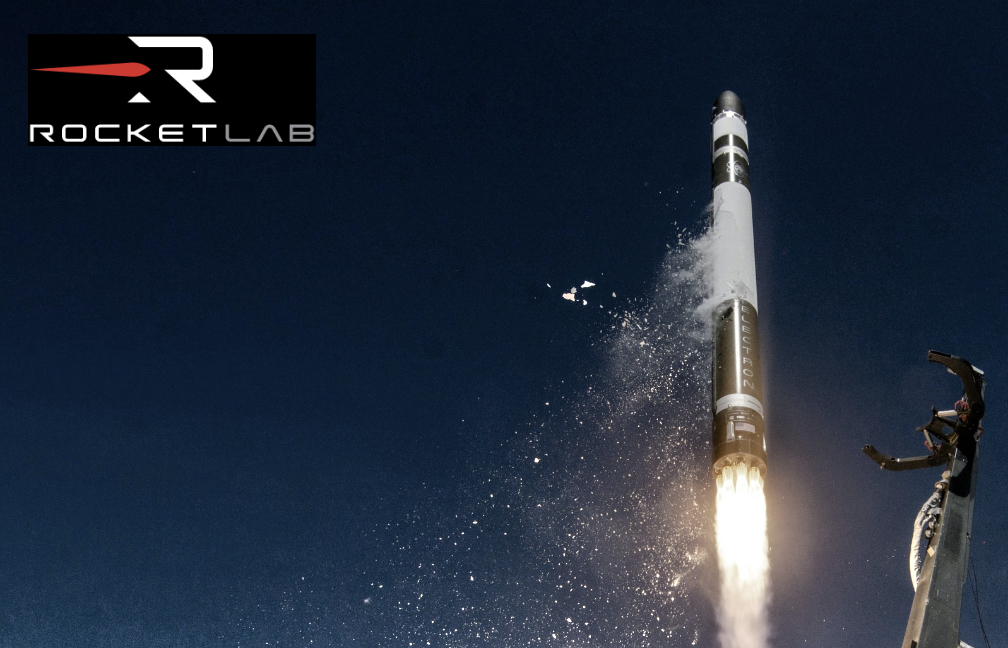
Rocket Lab USA, Inc. (Nasdaq: RKLB) has scheduled the company’s next Electron launch during a window that opens July 28, 2023, NZST/UTC.
The ‘We Love the Nightlife’ mission is scheduled to launch from Rocket Lab Launch Complex 1 on New Zealand’s Mahia Peninsula for Capella Space (Capella), a provider of commercial, Synthetic Aperture Radar (SAR) imagery.
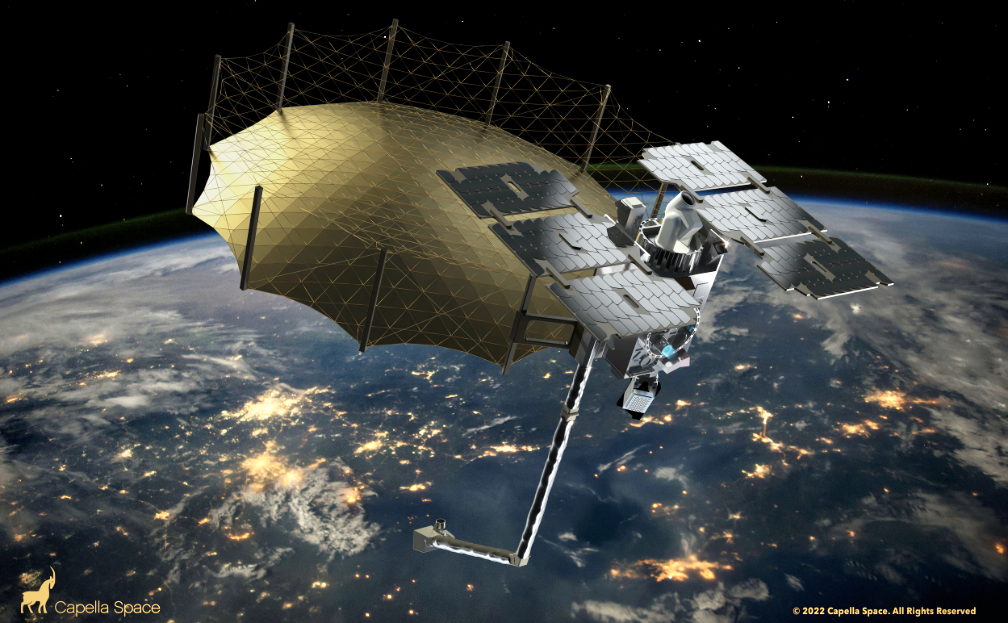
‘We Love the Nightlife’ will be Rocket Lab’s third launch for Capella following the successful “Stronger Together” mission launched in March 2023 from Rocket Lab Launch Complex 2 in Virginia, USA, and the “I Can’t Believe It’s Not Optical” mission in August 2020 from Launch Complex 1, which deployed the first satellite in Capella’s SAR constellation.
‘We Love the Nightlife’ will be the first of four, new, dedicated launches on Electron for Capella, announced in February of 2023, to deploy Capella’s next-generation SAR Earth-imaging satellites called Acadia.
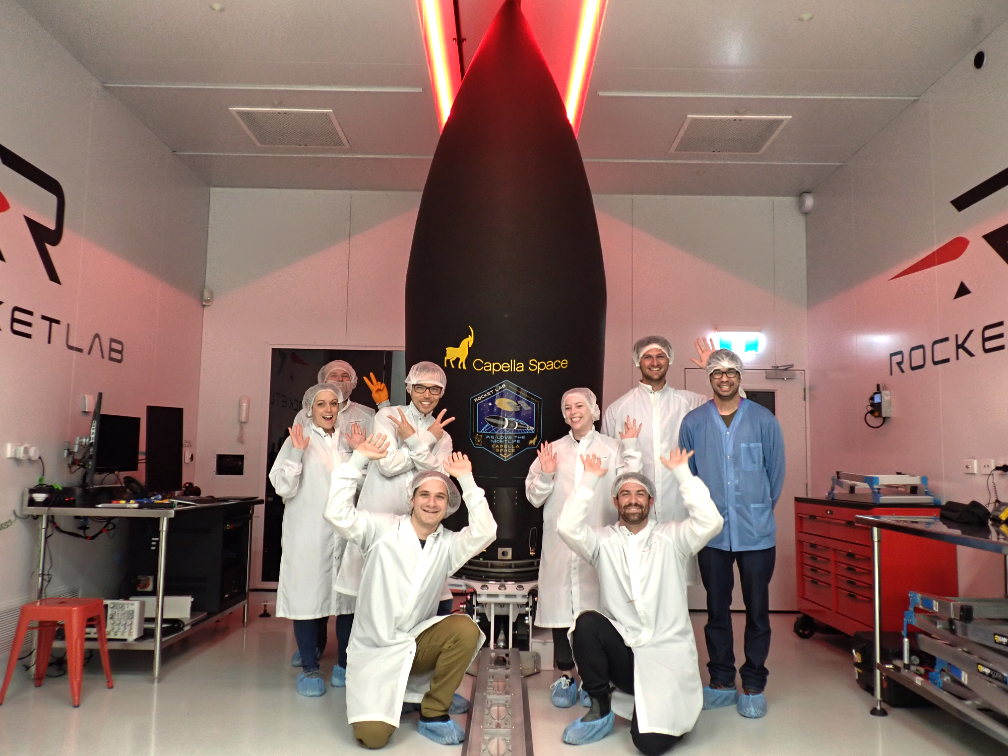
Capella’s satellites deliver high quality, high resolution SAR imagery capable of penetrating all weather conditions and capturing clear imagery 24-7, day and night, anywhere on Earth, delivered through Capella’s fully-automated ordering and delivery platform.
The next-generation Acadia satellites include a number of enhancements to Capella’s existing constellation, including increased bandwidth and power and faster downlink speeds. When combined with Capella’s existing long-dwell imaging capability and extended duty-cycle – which results in more images collected per orbit than other SAR systems – Acadia will continue to set the benchmark within the SAR industry.
All four upcoming Electron missions will launch from Rocket Lab Launch Complex 1, each deploying a single Acadia satellite to a 640 km mid-inclination orbit, expanding the existing Capella Space SAR constellation and providing more rapid revisit across diverse regions around the Earth.
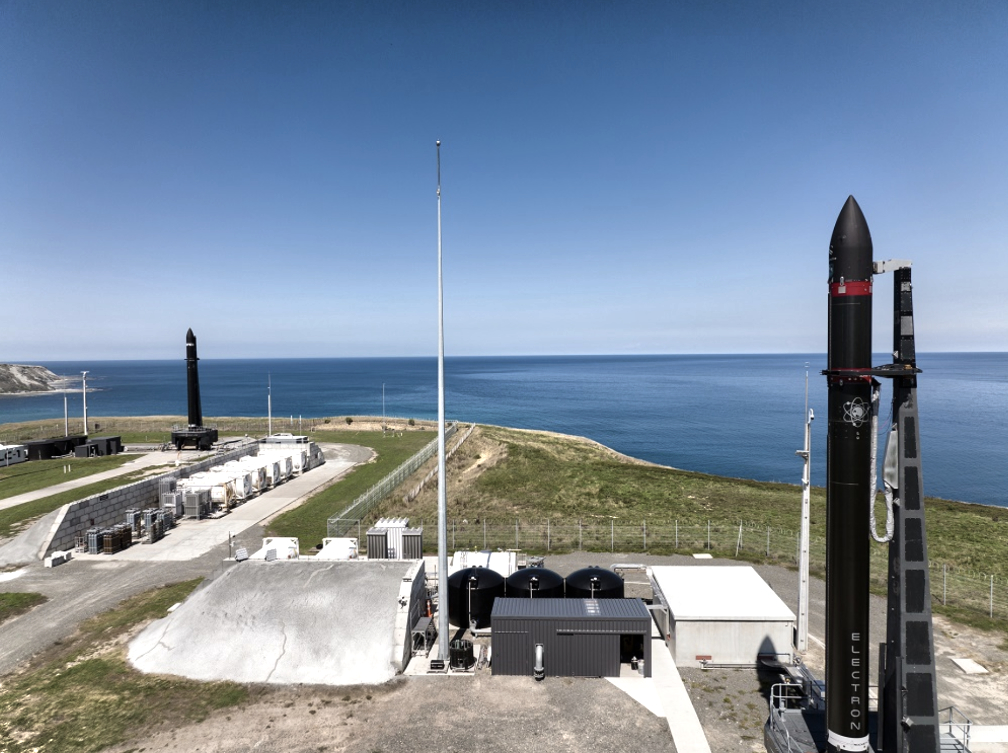
Each Capella Space satellite will also be supported by a Rocket Lab-manufactured Advanced Lightband: separation systems for each satellite to attach to and deploy from Electron once launched to orbit.
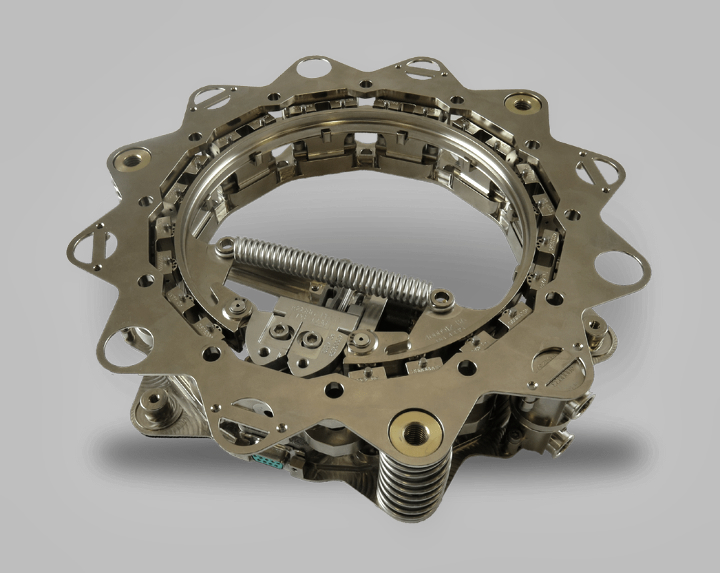
“Electron was the trusted launch vehicle for Capella’s first publicly available satellite when we launched their mission in 2020, so it’s an honor once again to be entrusted with launching the first of their next generation Acadia satellites. Reaching 40 Electron launches is a wonderful milestone for our team members who have built the most reliable small launch vehicle in history and we’re delighted to share such a significant launch with our long-standing mission partner Capella.” — Peter Beck, CEO, Capella Space
“We are proud to partner with Rocket Lab to introduce Capella’s third-generation Acadia satellite technology to the world,” said . “Acadia is a reflection of our commitment to technology innovation and will preserve our track record of delivering high-quality and low latency SAR imagery to customers anywhere in the world.” — Payam Banazadeh, Founder and CEO, Capella Space
